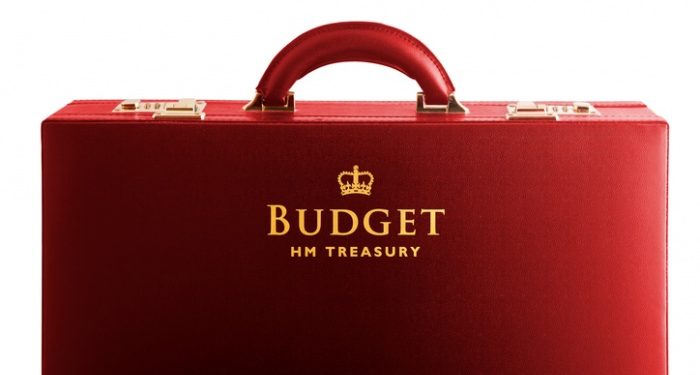The Chancellor has confirmed that the pension lifetime allowance (LTA) will stay at its current level of £1.073m until 2026.
This announcement came, as Rishi Sunak confirmed that a number of tax allowances and thresholds will be be frozen until at least this date in a bid to raise revenue to help cover government borrowing during the coronavirus pandemic.
Personal tax thresholds, such as the income tax personal allowance and the rate at which higher income tax is paid will also be frozen, though will increase as planned this April to £12,570 and £50,279 respectively.
The same will also apply to the nil-rate band for inheritance tax and the capital gains tax threshold. With inflation relatively low the freezing of these various allowances will have limited impact. But if inflation does pick up over the next few years – as many economists predict – this will have a more marked effect, with more people being pulled into higher rate tax bands and finding themselves breaching these pension and inheritance limits, raising revenue for the Chancellor.
This tax effect is known as fiscal drag.
However this was the only change to pensions announced in the Budget. Speculation that the government may introduce a flat rate of tax relief have, once again, proved wide of the mark.
Zurich’s head of life product and inforce Gareth Jenkins adds: “There’s no easy way to fix the nation’s finances but a raid on pensions is particularly punishing, especially alongside the existing limits on annual allowances.
“Freezing the lifetime allowance is a nothing less than a tax on growth. This will hit people on middle incomes who save hard or invest wisely, including NHS doctors and headteachers. With the threshold frozen, more people will be dragged into the tax net, as inflation and wages continue to rise over time.
“Ultimately, this could drive disillusioned savers away from pensions. Savers making long-term decisions for retirement need certainty, not continued tinkering and piecemeal changes.”
Buck head of DC & wealth, Mark Pemberthy says: “The freeze on the lifetime allowance announced by the Chancellor will affect relatively few people in the short term and will be an uncontroversial way to help begin tackling the UK’s debt in the eyes of most of the public.
“However, if the freeze continues then over time it will have a bigger impact, particularly on those who are building up defined benefit pensions. Long-serving public sector workers earning higher levels of income are most likely to be caught, including doctors. So, the very same doctors who have spent the last year battling Covid in NHS hospitals will also be among those people most vulnerable to this policy change over time.”
“This latest freeze also highlights the complicated history of the lifetime allowance, which was originally introduced in 2006 in an attempt at pension simplification. The allowance was introduced at £1.6m and climbed to £1.8m in 2012 before being regularly reduced since then. If it had increased in line with inflation since 2012 it would be around £2.18m, almost double what it stands at today.”
Standard Life technical manager Dave Downie says: “A freeze to the LTA this year may only affect a relatively modest number of taxpayers. But each year the allowance fails to keep pace with inflation it is a step closer to LTA charges affecting ordinary pension savers. While a pension pot of £1m may feel like a significant sum of money it has to last throughout retirement.
“For someone seeking to keep their drawdown income withdrawals at a sustainable level to last maybe 30 years and take into account inflation, a withdrawal of around 3 per cent provides an annual income of around £32,200 before tax.
“So this isn’t something that will only affect the highest of earners and a prolonged period of no inflationary increases will quickly reduce that income in real terms and could further affect confidence in pensions. But it is important to remember that the LTA isn’t a ceiling on what can be saved into pensions. There are many good reasons for those potentially impacted to continue saving into their pension especially if stopping funding means losing out contributions from their employer.”
The post Budget 2021: Pension LTA frozen until 2026 appeared first on Corporate Adviser.



